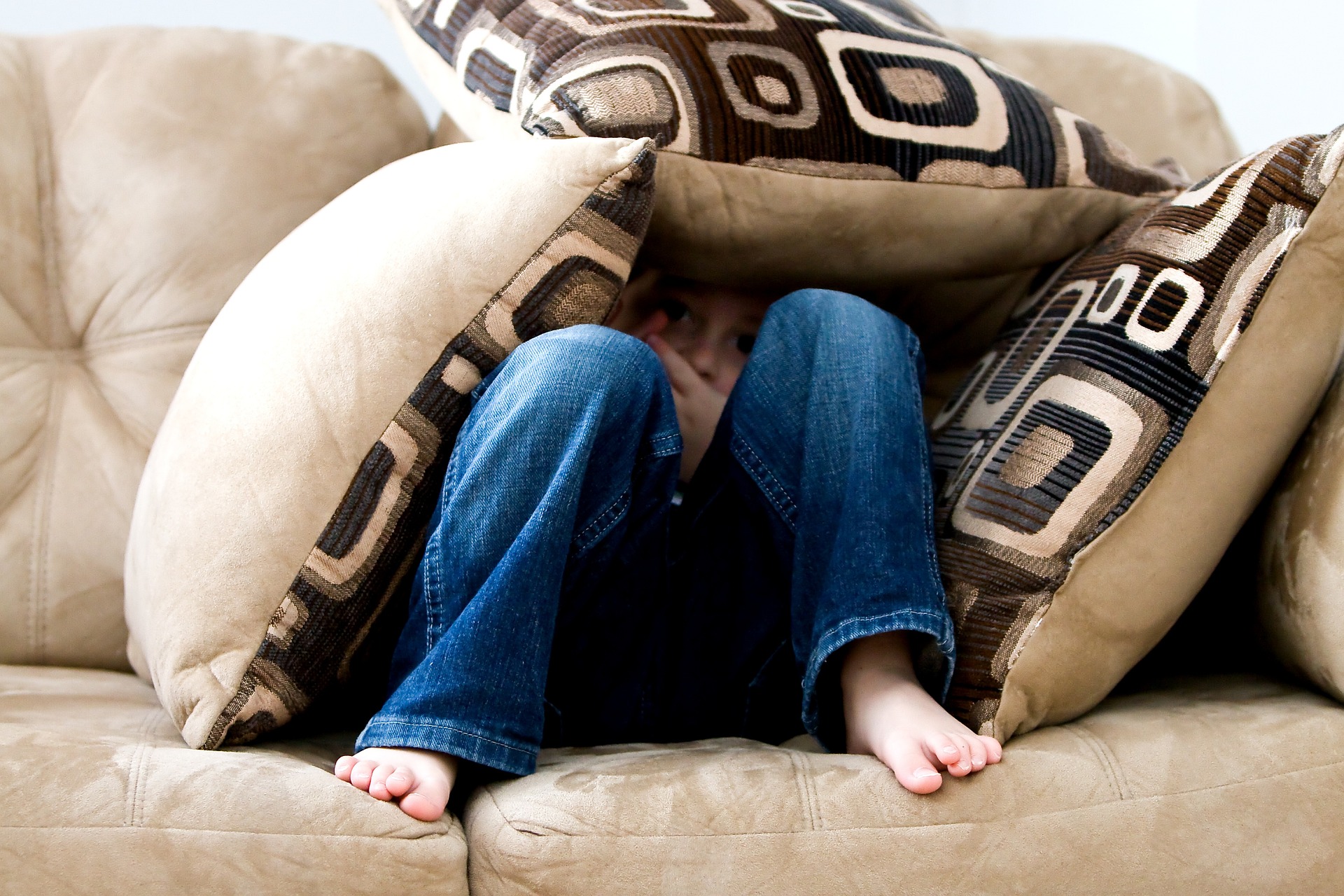A divorce is one of the most emotionally challenging events one can experience, affecting all areas of life and many relationships beyond the divorcing couple. In many cases, parents, siblings, and friends struggle with feelings of sadness, anger, and confusion – while also trying to navigate the perceived need to choose sides. But no one is more affected by the pain of divorce than the children involved, who may suffer various psychological effects. Their reactions, emotions, and even trauma shape their childhood and often follow them into adulthood and color their own relationships.
A common belief is that children are resilient and able to adapt to the situation, which is true in many cases. But while a parental divorce is stressful for all children, some kids heal and recover better than others. It is essential for parents to proactively take steps to minimize the detrimental effects of their divorce on their children.
Steps to Helping Your Children Adjust to Divorce
Children of divorce often experience more relationship difficulties as adults and have a higher risk of being divorced themselves. Still, there are many ways for parents to mitigate their children’s negative emotions, and these include the following:
Practice Peaceful Co-Parenting: Constant conflict, especially overt hostility and fighting between their parents, increases distress in children and has been linked to negative behavioral issues. But children also sense and react to minor tension, making it necessary for divorcing couples to interact peacefully and in a friendly manner. If you cannot accomplish this, seek professional help, as it is especially vital for your child’s emotional health.
Help Kids Feel Safe: when one parent leaves, a child can experience intense feelings of abandonment and anxiety. It can make them fear the future and affect their self-esteem. Helping your children feel secure and loved assuages their fears and reduces the risks of future mental health issues.
Don’t Put Children in the Middle: Divorcing couples often put their children in the middle of their conflict – asking them to relay messages or inquiring if the other parent is dating – is wholly inappropriate and places undue pressure and anxiety on the children. Parents should never discuss the other parent unless it is on favorable terms. The children should never be asked to choose a side or express “who they like better” – nor be expected to listen to complaints about a parent they love.
Practice Consistent Discipline: After a divorce, one parent may strive to be more lenient in keeping the children happy. However, different levels of discipline are detrimental to a child’s growth and can cause them to exploit the situation. Parents need to agree on appropriate rules, and established consequences, which research has shown reduces behavioral issues and delinquency as children grow.
Maintain a Loving Relationship: Divorce is painful, and you may be struggling emotionally as a parent. Still, a child mustn’t feel cut off from parental love and support. Be sure to keep the lines of communication open, be affectionate, and keep conflict levels in the home as low as possible. When the child knows that their relationships with both parents are still intact, it supports their emotional healing, boosts self-esteem, and even promotes better performance at school.
Keep an Eye on Teenagers: When children become adolescents and are out of the house more often, their emotions and suppressed feeling about the divorce can result in behavioral problems. But unlike children, these issues can be far more dangerous, such as substance abuse or other risky behaviors. Keeping the lines of communication open, maintaining a loving relationship, and intervening at the first sign of a problem are key.
Seek Education and Assistance
Many programs are available for parents to learn how to mitigate the impact of divorce on children. Still, parents can also learn to process their feelings and lower their stress levels by attending counseling, alone or together. Parents can learn co-parenting skills, coping strategies, and ways to assist their children in adjusting to their new reality.
Parents may also consider finding mental health counseling for their children following a divorce. Simply brushing off their pain and difficulty with “they’ll be fine” is dismissive and could cause long-term harm.
Denise Schonwald is a nationally licensed mental health counselor qualified to assist parents and children in working through the difficulty of a divorce.

